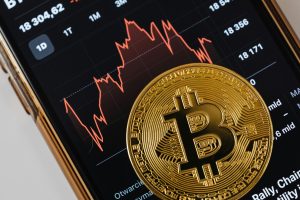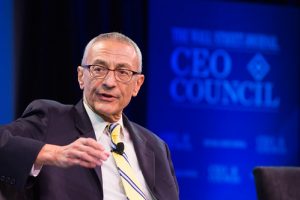How to Live a Happy Life, From a Leading Atheist

For more than 50 years, Daniel C. Dennett has been right in the thick of some of humankind’s most meaningful arguments: the nature and function of consciousness and religion, the development and dangers of artificial intelligence and the relationship between science and philosophy, to name a few. For Dennett, an éminence grise of American philosophy who is nonetheless perhaps best known as one of the “four horsemen” of modern atheism alongside Christopher Hitchens, Richard Dawkins and Sam Harris, there are no metaphysical mysteries at the heart of human existence, no magic nor God that makes us who we are. Instead, it’s science and Darwinian evolution all the way down. In his new memoir, “I’ve Been Thinking,” Dennett, a professor emeritus at Tufts University and author of multiple books for popular audiences, traces the development of his worldview, which he is keen to point out is no less full of awe or gratitude than that of those more inclined to the supernatural. “I want people to see what a meaningful, happy life I’ve had with these beliefs,” says Dennett, who is 81. “I don’t need mystery.”
Daniel C. Dennett giving a lecture in Poland in 2017.
Beata Zawrzel/NurPhoto, via Getty Images
What did you mean by “tiny robots”? Your brain, your whole body, is made of cells. Each cell is a living agent of its own. It has a sort of agenda: It’s trying to stay alive. It’s got to keep itself a supply of energy to keep going. It’s got a metabolism. It’s the descendant of a long ancestry of free-floating, living cells that had to fend for themselves, and they’ve all joined forces to make a multicellular body. Those are little robots. If you look inside them, how do they move? How do neurons reach out and grab other neurons and send signals to them? They’ve got trillions of motor proteins, and motor proteins are not alive. They’re macromolecules. They march along on these little highways on the brain, carrying things around. They’re porters. They carry the necessary materials to keep the cell going and to repair and to extend its dendrites, for instance. Motor proteins aren’t alive. Ribosomes aren’t alive. Life couldn’t exist without these little molecular machines — by the trillions — that are working in your body right now. Human life and human consciousness are made possible by these incredibly brilliant consortia of little robots.
The “four horsemen” of modern atheism in 2007: Christopher Hitchens, Dennett, Richard Dawkins and Sam Harris.
Screen grab from YouTube
Is it right that your sister is a minister? My older sister is the white sheep of the family. [Laughs.] She went to seminary and was ordained late in her life. She’s still alive. She was raised in the Congregational Church, which became part of what’s now the United Church of Christ, which is religion lite. If all religion were like that, all religion would be fantastic.
There was something in your memoir that was conspicuous to me: You wrote about the late 1960s, when your pregnant wife had a bowel obstruction. Yeah, we lost the baby.
You describe it as “the saddest, loneliest, most terrifying” time of your life. Yes.
That occupies one paragraph of your memoir. Yes.
What is it indicative of about you — or your book — that a situation you described that way takes up such a small space in the recounting of your life? Look at the title of the book: “I’ve Been Thinking.” There are hundreds of pages of stories that I cut at various points from drafts because they were about my emotional life, my trials and so forth. This isn’t a tell-all book. I don’t talk about unrequited love, failed teenage crushes. There are mistakes I made or almost made that I don’t tell about. That’s just not what the book’s about.
Dennett with his wife, Susan, and their children in 1975.
From Daniel C. Dennett
This interview has been edited and condensed for clarity from two conversations.
David Marchese is a staff writer for the magazine and writes the Talk column. He recently interviewed Emma Chamberlain about leaving YouTube, Walter Mosley about a dumber America and Cal Newport about a new way to work.





